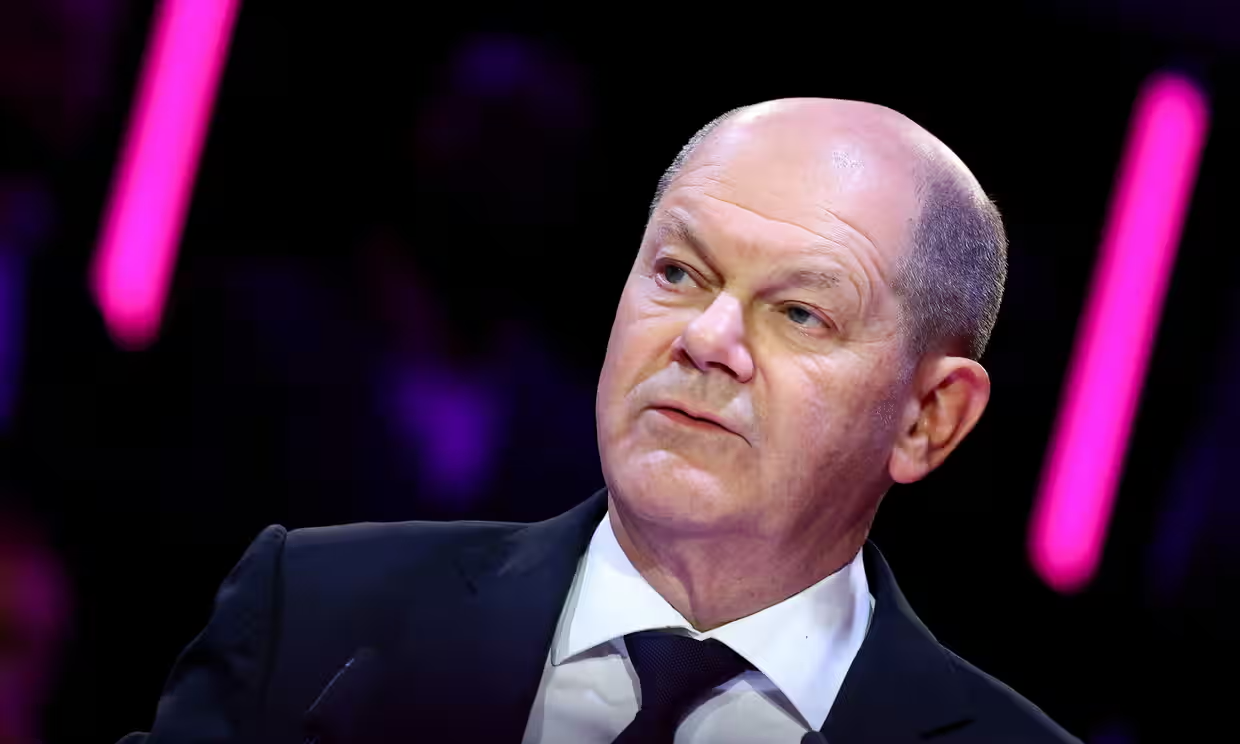The Guardian: Germany is grappling with a severe budget crisis, triggered by a constitutional court ruling that prohibits the government from transferring €60 billion from its pandemic emergency fund to a climate and transformation fund. This ruling has significant implications for Germany’s environmental and industrial transformation plans and has raised fears of economic stagnation. The crisis has also led to a drop in the popularity of Chancellor Olaf Scholz.
The crisis stems from a “debt brake” rule in the German constitution, which limits government borrowing. This rule, once praised for economic prudence, is now seen as a constraint by economists and policymakers. The ruling’s impact extends beyond Germany, affecting future financial support for Ukraine, the EU budget, and other spending areas.
In response, German lawmakers are seeking a short-term solution to address the €60 billion shortfall. Finance Minister Christian Lindner has indicated that difficult decisions are necessary, and he plans to declare 2023 a “year of emergency” to suspend the debt rule temporarily.
The situation has caused widespread concern among the German public, already struggling with inflation and pandemic aftereffects. There are growing calls for reforming the debt brake rule, but there’s resistance from some coalition partners and the opposition. The government’s credibility is at stake, with legal experts previously warning against the fund transfer strategy.
Economists like Marcel Fratzscher warn that Germany risks falling behind if it doesn’t prioritize investment in ecological and digital transformation. The situation highlights the tensions between fiscal prudence and the need for significant investment in modernization and environmental initiatives.
The entire article can be read at the link https://www.theguardian.com/world/2023/dec/01/germany-scholz-government-handling-of-budget-crisis











